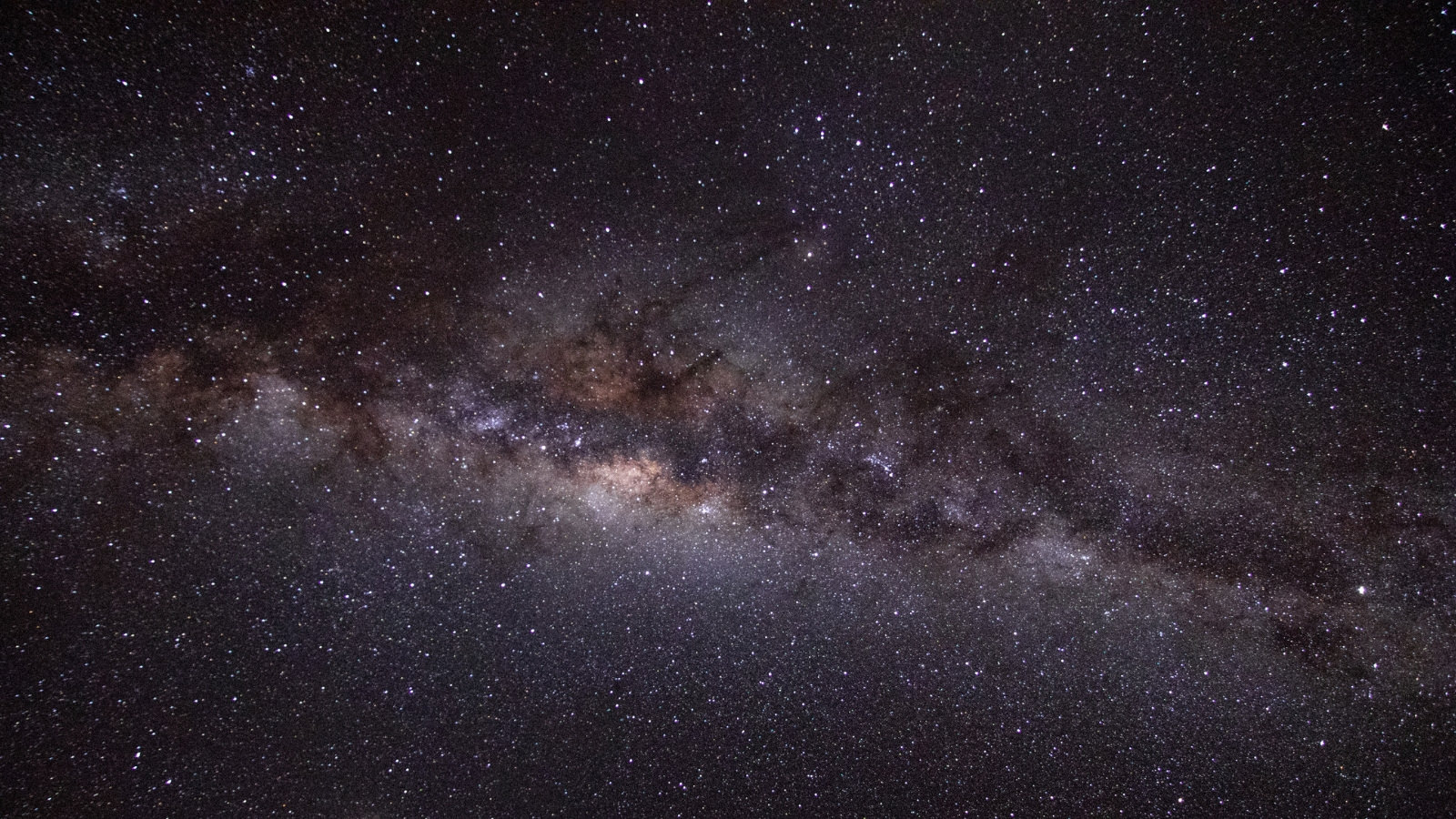Night sky over Glenfield Homestead Ruins in the Shire of Northam, Western Australia
Astrotourism WA and DarkSky International are helping communities in Western Australia restore the nighttime environment and protect communities from the harmful effects of light pollution. This year, a record number have shared official statements recognising International Dark Sky Week.
For thousands of years, Australians have been looking up at our stars, observing and interpreting star positions for their daily life. Today, although Australia has the lowest proportion of land area affected by light pollution among the G20 countries, we have one of the highest rates of light pollution per person.
Landing in April every year, International Dark Sky Week (IDSW) is a global celebration of the night. Organised by DarkSky International, IDSW promotes responsible lighting and tackles wildlife and ecosystems, human health, energy use and climate change.
As part of the week, DarkSky International encourage governments and institutions around the world to demonstrate their commitment to helping protect our heritage of dark skies and promote community-friendly lighting.
Dark Sky Proclamations
The Dark Sky proclamations issued by governments and institutions mark one small step in a broader journey of night sky protection. They aim to engage local leaders, raise awareness, and spark conversations about light pollution.
Chris Antonio, President, Shire of Northam, said the shire was pleased to support Astrotourism WA and dark sky week, because the initiative “not only highlights the importance of preserving our natural nightscapes but also showcases the unique opportunities for stargazing and astrophotography that our region offers.”
This is the third year that Astrotourism WA has invited Local Governments and WA’s Regional Tourism Organisations to proclaim International Dark Sky Week. This year’s result was a huge success. Australia achieved more accepted proclamations than any other region outside the USA.

The best time of year to see the Milky Way in the southern hemisphere is April through to October.
Redford said, “We shone brightly during International Dark Sky Week, with all Australian proclamations and letters of support coming from Western Australia. There is a strong movement in WA to share and protect the spectacular dark night sky we have here.
“Regional local government is leading the country in this effort by building a strong dark sky destination brand and advocating for the right type of street luminaire to reduce light pollution. It means that international astrotourism visitors who come to WA will experience world-class dark night skies for decades to come.”
Protecting our night skies
For International Dark Sky Week in 2026, Carol says she’s aiming for proclamations from the Department of Biodiversity, Conservation and Attractions (DBCA)’s Advisory Committee and Scientific Panel of Experts, the WA Planning Commission Board, and Western Power.
All have been involved in working towards protecting the night sky and making sure we use responsible lighting at night. The Department of Planning has developed a Dark Sky and Astrotourism Position Statement, which is referred to in Western Power’s Public Lighting Asset Management Strategy.
Chris Peterson, Engagement Manager for Dark Sky International, said: “Carol Redford’s leadership in Western Australia serves as a standout example of what’s possible when local advocacy is focused, persistent, and rooted in strong relationships.”
Anyone around the world can make a pledge for dark skies on the International Dark Sky Week website. To get involved, head to idsw.darksky.org/pledge and sign your name.
pledge to protect our night skies
Show the world your support for dark skies and the protection of nighttime environments by linking your name to the cause.

